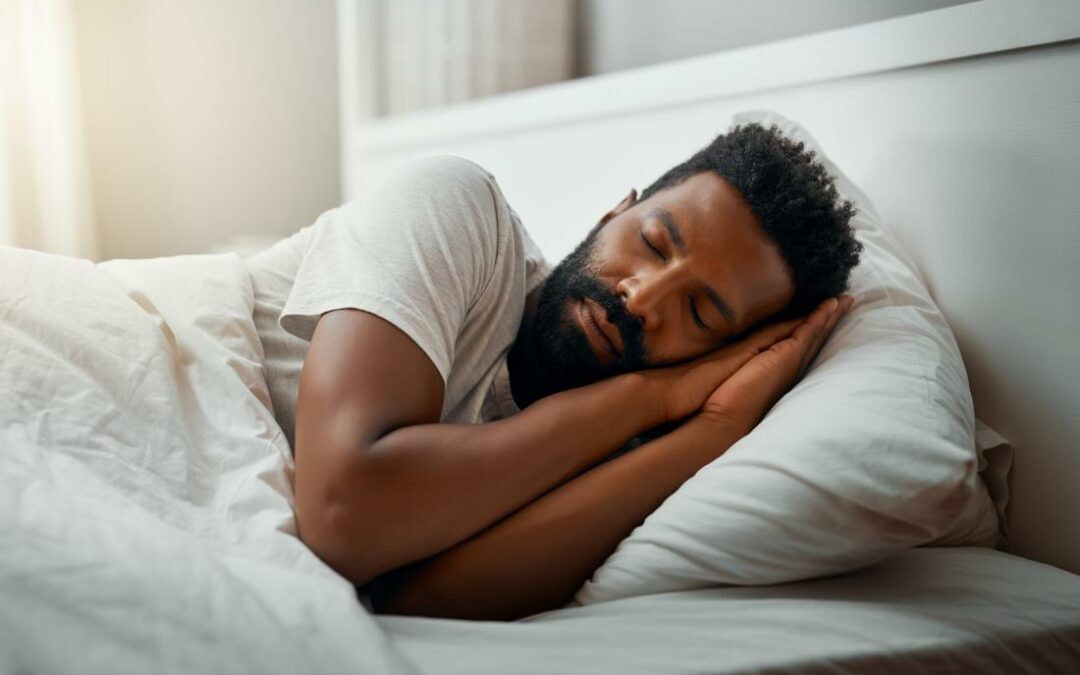Although I used to nap only occasionally, I now nap on most days. I nap for a half-hour in the early afternoon. Napping is good for the learning brain. It helps strengthen the brain’s connections formed while working on your tasks, whether they involve writing, study, practice, or problem-solving. Daniel Coyle, in his book, The Little Book of Talent, reports that researchers at the University of California, Berkeley, found that napping for 90 minutes improved memory scores by 10% while skipping a nap made them decline by 10%.
Perhaps 90 minutes is needed if you are studying or memorizing information, but for general office work such as writing articles, designing courses, making phone calls, responding to e-mails, etc., a 20-minute half-hour nap should suffice. It was good enough for Albert Einstein. And I find that it is good enough for a second “quick start” to the day. If you find you are the most productive in the morning, you can recreate that energy, mood, and motivation to continue working at your peak performance the balance of the day
Einstein got plenty of sleep at night (reportedly 10 hours or more) but other famous nappers, such as Margaret Thatcher, Thomas Edison, Winston Churchill, John F. Kennedy, John D. Rockefeller, Ronald Reagan, and Leonardo DaVinci all worked long hours. Perhaps that’s why they took longer or more frequent naps during the day. Naps should be used to complement your evening’s sleep, not replace it.
I get over 6 hours of sleep a night, (aiming for seven hours), and with a half-hour nap in the afternoon, and 10-minute breaks after each 90-minute work session, I seem to be able to maintain my energy level until 5:00 PM quitting time.
Sara Mednick, the author of Take a nap: change your life, makes a strong case for napping in the afternoon. The need for a nap seems to be woven into our DNA. But the push for productivity after the Industrial revolution, hourly wages, and digital distractions seem to make the “siesta” unpopular – although an estimated 7 percent of the workers in big cities in Mexico and Spain still nap during the day.
Experiment a little if you can do so. It has been proven that a nap will improve your alertness and productivity. NASA scheduled in-flight naps that improved the performance of pilots on extended flights. And naps at strategic times might very well have avoided many disasters such as the Union Carbide explosion and the Exxon Valdez oil spill.
We certainly aren’t built to work 8 to 10-hour days with little more than a brief lunch and coffee at our desks during the day.


Recent Comments